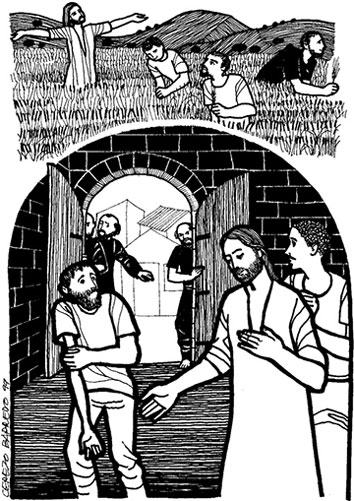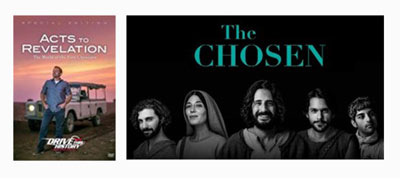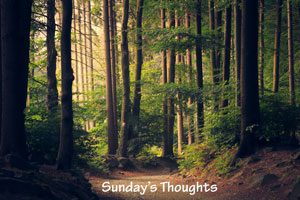I. Theme – The role of the sabbath

The lectionary readings are here or individually:
Old Testament – Deuteronomy 5:12-15
Psalm – Psalm 81:1-10
Epistle –2 Corinthians 4:5-12
Gospel – Mark 2:23-3:6
II. Summary
Three eco-theological themes are readily identifiable this week:
1) Sabbath rest is commanded not only for humans but also for animals, and even for the earth (see also Leviticus 25:1-7);
2) Blessing and salvation are cast in the imagery of an abundance of harvest and good food in the Psalm; and
3) God is pleased to place the glory of Christ in “earthen vessels.”
The word “Sabbath” comes from the Hebrew verb “sabat,” meaning “to rest.” God gave His people a day of rest – in part for a needed day off from their labors, in part so they would have time to worship Him. God knows what we need: Rest for our bodies and spiritual fuel to keep us going the rest of the week.
We have both parts to us: St. Paul compares our bodies to “clay jars” that, incongruously, contain “this extraordinary power (that) belongs to God and does not come from us.” (2 Corinthians 4:7) So God gives the command to observe a weekly Sabbath – a day of physical rest and spiritual renewal – because we need it!!
Then Jesus said to them, “The Sabbath was made for humankind, and not humankind for the Sabbath.” – Mark 2:27
But people being what they are, over the centuries, God’s faithful folk created a very rigid structure with a lot of rules around Sabbath rest. Well, how can you follow God’s commandment if you don’t know what the rules are, right? The Pharisees’ religion had deteriorated into rules, regulations and rituals..
So then Jesus comes along and shakes everything up, curing a man with a withered hand, on a Sabbath, right there in the synagogue!! The good, upright, God-fearing religious authorities were aghast – because curing is, well, work. Jesus knew just what they were thinking, so he challenges them: “Do our rules allow us to do good for someone who needs help on the Sabbath? To save a life, perhaps?” And when the religious authorities can’t answer him, Jesus “was grieved at their hardness of heart.”
Jesus’ operating principle is that the Sabbath ( and the law and the rituals of holiness) was created for humanity, and not the other way around. ’
To make His point still further, Jesus goes into the synagogue and brings a man with a withered arm into the middle of the gathering. Then, He asks the simple question – is it against the law to do good on the Sabbath – or to save a life? Needless to say, His critics have no answer. Jesus has an answer – he heals the man. Mark’s description of healings were important – they were signs that the Kingdom of God was at hand.




